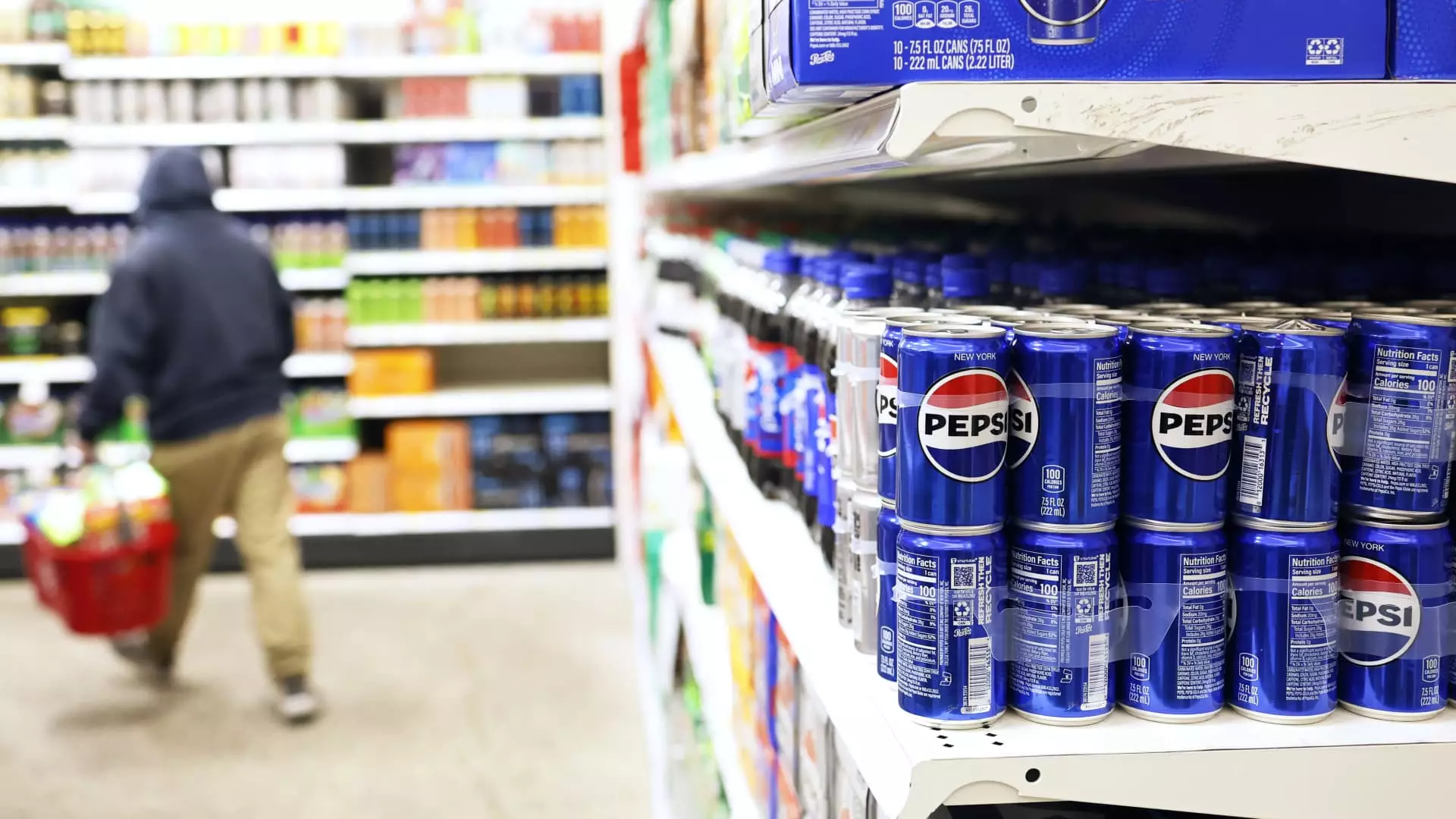In a significant development, the Federal Trade Commission (FTC) has initiated legal proceedings against PepsiCo, claiming the company has engaged in unlawful price discrimination practices. At the center of this controversy is an unnamed major retailer, which sources suggest is Walmart, that allegedly received preferential pricing and promotional support that were not extended to PepsiCo’s other retail partners. The case revolves around the violation of the Robinson-Patman Act, an important piece of legislation aimed at preventing unfair competition through discriminatory pricing.
Enacted in 1936, the Robinson-Patman Act seeks to maintain equitable trade practices by prohibiting sellers from offering different prices or promotional allowances to competing buyers for commodities of similar quality. The FTC’s stance in this case suggests that PepsiCo may have undermined competitive fairness by providing Walmart with promotional payments and advertising resources not available to its rivals. The case raises critical questions about pricing strategies employed by large corporations and their impact on market competition.
In response to the FTC’s claims, PepsiCo has unequivocally denied all allegations. The company argues that its pricing practices are consistent with accepted industry norms and emphasizes that it does not engage in favoritism among its customers. PepsiCo plans to challenge the FTC’s lawsuit vigorously, asserting both factual inaccuracies and legal misinterpretations in the commission’s claims. This declaration of defense indicates a broader industry concern: the balance between competitive pricing and fair market practices in an era of deregulated trade.
This lawsuit is notable not only for the specific allegations against PepsiCo but also within the larger regulatory landscape. The FTC’s resumption of enforcing the Robinson-Patman Act contrasts with trends since the 1980s, when enforcement dwindled significantly due to the relaxation of trade regulations. The timing of this lawsuit coincides with a shift in administrative priorities, particularly as the Biden administration has increasingly targeted corporate misuse of market power through legal actions. In just the final days before a transition of power, a series of lawsuits aimed at prominent companies marks a significant regulatory shift.
The outcome of this lawsuit could have far-reaching implications for the retail industry and consumer pricing. If the allegations are substantiated and PepsiCo is found guilty of unfair practices, it could lead to changes in how major retailers negotiate promotional agreements with suppliers. Additionally, increased scrutiny could spur similar investigations into other corporations, fostering an environment where competitive fairness is fortified by regulatory oversight. The case serves as a potential bellwether for the future of corporate accountability and market competition in the United States.
As the FTC continues to pursue regulatory enforcement concerning pricing practices, all eyes are on PepsiCo’s legal battle. The resolution of this case will not only clarify the boundaries of acceptable competitive practices but also illustrate the government’s commitment to safeguarding market integrity. With the precedent set in the forthcoming trial, businesses may need to reevaluate their pricing strategies or face the possibility of legal challenges in an increasingly scrutinized environment.


Leave a Reply